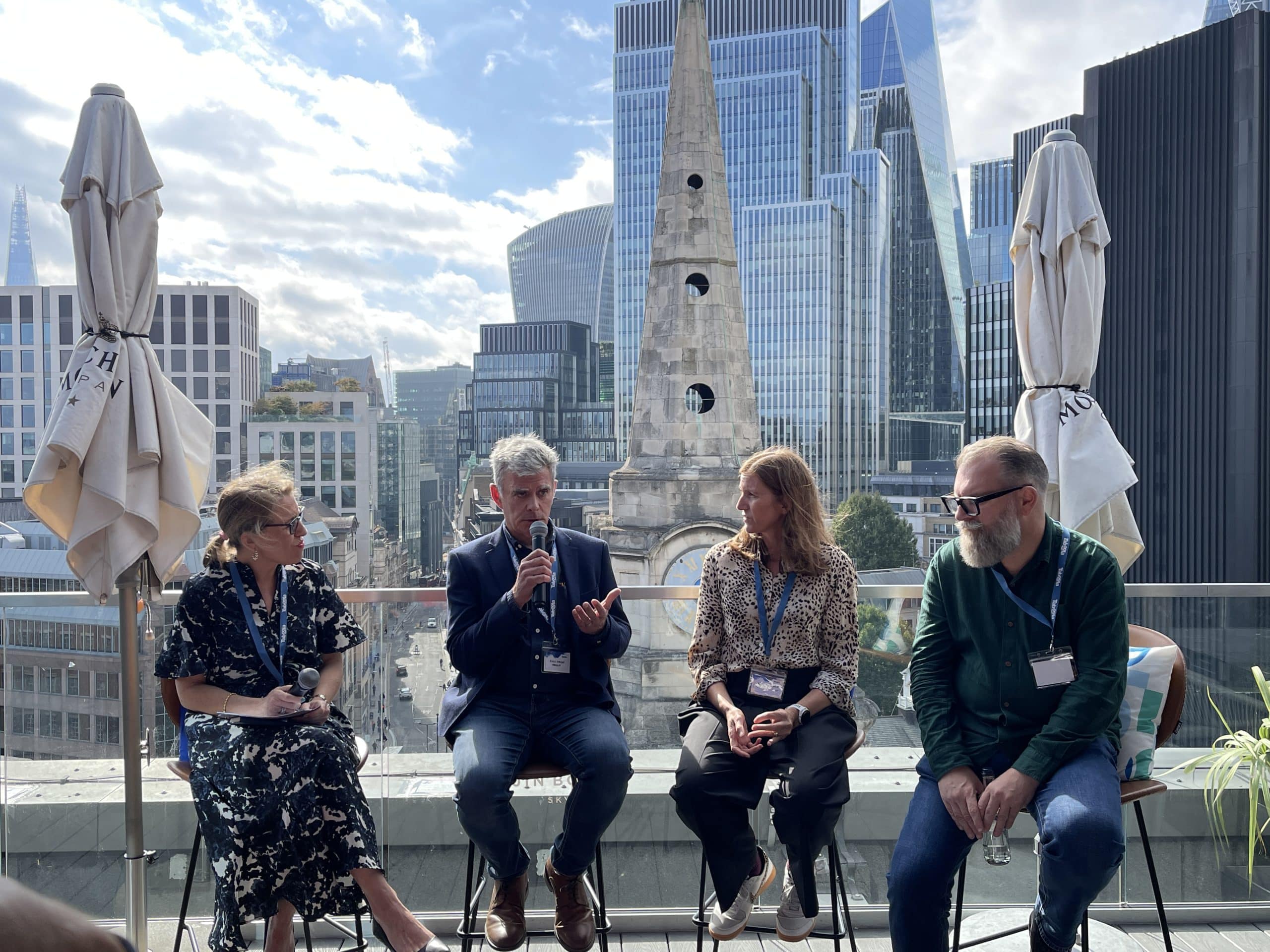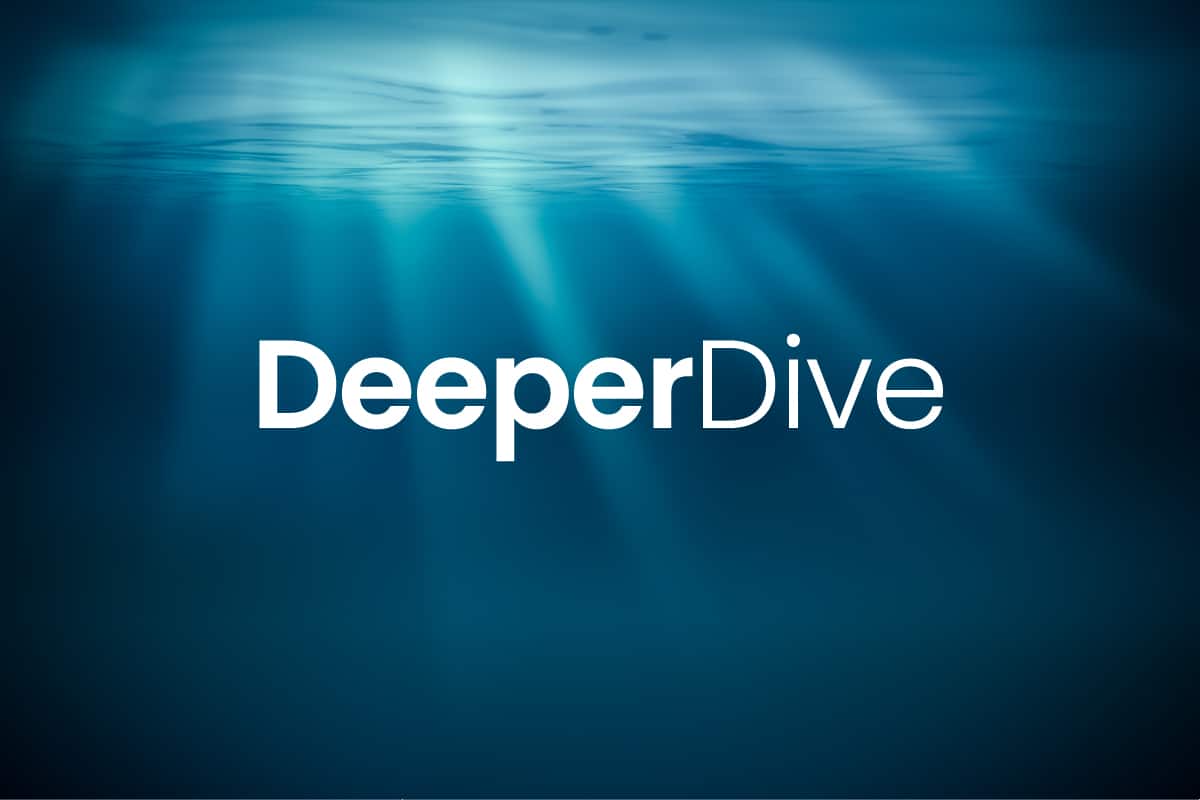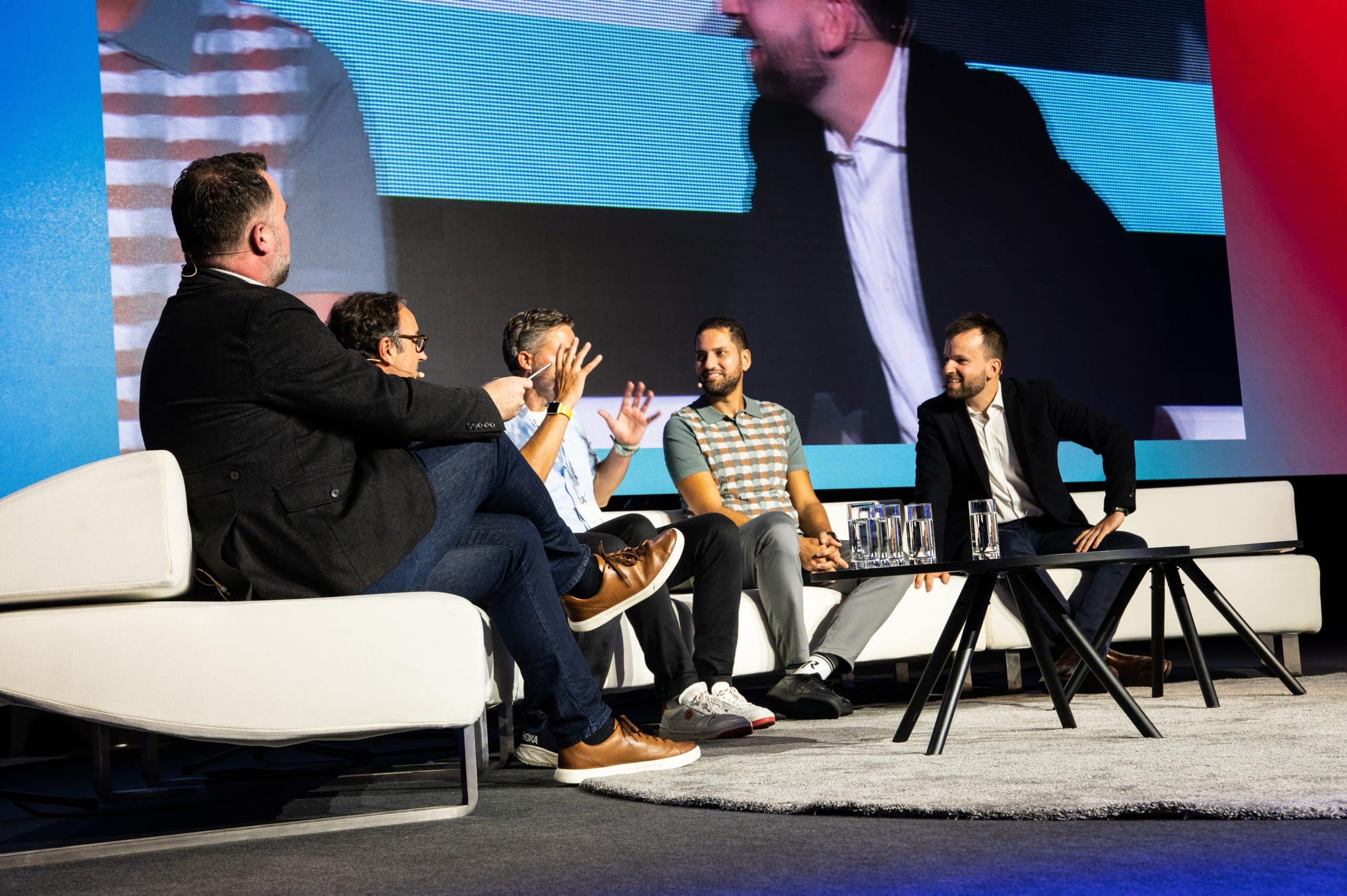In 2025, the media landscape is in the midst of a profound shift. As large language models (LLMs) provide instant summaries of the world’s information, audiences no longer need to click through to individual websites to get their news. For publishers, this shift raises two urgent questions: how to reach readers, and how to keep them.
These core themes took centre stage at Taboola’s recent Future of Publishing panel, hosted in partnership with IAB UK. The discussion, moderated by Sophia Haynes, Director of Transformation at IAB UK, brought together Chloe Hubbard, UK Editor at The Independent; Neil Bennett, Global Director of Product & Data at Foundry; and Nigel Vincent, Senior Newsroom Engagement Manager at Taboola.
Over a 45 minute discussion, the panel explored how AI, personalization and trust are reshaping journalism, and what strategies and tools publishers can adopt to thrive in this new era.
Driving Traffic Without Clicks
For decades, digital publishing has relied on a simple exchange, facilitated by search engines such as Google: readers click, and traffic follows. But with LLMs now summarizing the web’s content in seconds, that model is eroding fast. Audiences no longer need to visit original sources to get their news: instead, they are consuming summaries, highlights, and AI-curated snippets.
In response, publishers are having to rethink their audience strategies, focusing less on passive discovery, and more on proactive engagement. Push notifications, personalized recommendations, and adaptive homepages are emerging as key tools in this shift.
From “Information” To “Content”
For many publishers, this evolution has sparked a deeper reflection on what kind of journalism truly builds long-term loyalty. In recent years, many publishers sought growth by producing high-volume “information” pieces: short, factual explainers or trending stories optimized for search engine discovery. These articles served to drive traffic to their sites, but rarely established lasting connections with readers.
Today, many publishers are shifting their focus away from providing “information”, toward producing “content”: storytelling that adds insight, emotion, and context. At The Independent, this has meant prioritizing original reporting, commentary, and narrative-driven pieces that offer a perspective that AI tools cannot replicate.
At Foundry, a similar approach is taking shape: AI is not viewed as a substitute for journalism, but a tool to enhance production, efficiency, and distribution. Technologies such as translation automation or intelligent content surfacing allow editorial teams to operate more efficiently, giving journalists more time to focus on deeper, audience-centric storytelling.
Building Loyalty Through Personalization
Reaching readers, of course, is only half the challenge: retaining them is the other. Across the industry, personalization has emerged as one of the most effective ways to drive direct, repeat engagement.
Taboola’s newsroom engagement tools are helping publishers use contextual and behavioral signals to tailor experiences for individual readers, from customized homepages to personalized push notifications. These innovations are transforming how publisher brands interact with their audiences, replacing one-size-fits-all approaches with relevant, timely connections.
The panel called out an example of this in The Independent’s success with Taboola-powered push notifications. Through a data-driven personalization strategy, The Independent built a highly engaged subscriber base of over 1 million readers that regularly returns to its site for stories matched to their interests. Within weeks of implementation, personalized notifications were driving 2% of the publication’s total site traffic – a meaningful uplift in a landscape where every visit counts.
A New Discovery Experience
If personalization helps to regularly bring readers in, interactivity helps keep them on site. Tools like DeeperDive, Taboola’s AI-powered answer engine that lives on publisher websites and leverages their own content, are redefining what engagement looks like on publisher sites.
DeeperDive allows readers to explore a publication’s content through natural language questions, mimicking LLM chatbots that many users are becoming accustomed to, and transforming passive browsing into active discovery. By surfacing summaries, context, and related stories from a publisher’s own archive, DeeperDive helps audiences find information more intuitively, while providing readers with the confidence that they remain within a trusted editorial environment.
Publishers using DeeperDive, such as USA TODAY, are seeing strong engagement signals. Readers who interact with the tool tend to click deeper into related content, spend more time on-site, and engage with a wider range of stories. This not only increases audience retention but also strengthens brand trust, reinforcing the publication as both a credible, and convenient source of information.
In a digital landscape increasingly mediated by external algorithms, tools like DeeperDive are giving publishers the power to reassert ownership of their audience experience.
Trust: The Foundation of Modern Publishing
The panel underscored that credibility – once assumed – now requires constant reinforcement. Fact-checking, transparency, and editorial standards are essential not just for brand reputation, but for survival.
The future of publishing will favour outlets that can demonstrate authenticity, authority, and accountability. Publishers who make trust a strategic priority are already reaping the benefits in the form of higher engagement, increased subscriptions, and more meaningful relationships with their readers.
At its core, this is a return to journalism’s fundamentals. Even as technology transforms how stories are distributed and surfaced, the audience’s desire for truth, clarity, and human perspective remains unchanged.
Gen AI: Publishers’ Partner In Progress
While some fear that Generative AI could replace journalists, the reality emerging across leading newsrooms is far more collaborative. Many publishers are integrating AI tools to support, rather than replace, editorial work, using automation to streamline production processes, while keeping humans firmly at the heart of content creation.
At The Independent, for example, AI assists with reworking and formatting press releases into short informational pieces, freeing up editorial teams to focus on original stories and analysis. At Foundry, AI is being used to automate the translation of news and product review stories, before they are then localized by local editors, adding in key context specific to their market.
Across both organizations, the principle is clear: AI is a means to amplify human creativity, not to replace it. The technology’s true potential lies in helping journalists spend less time on repetitive tasks and more time doing what only humans can do: interpreting, challenging, and connecting.
A Future Built On Connection
The core message that consistently emerged from the discussion was that the future of publishing will not be defined by algorithms or automation, but by audience connection.
Publishers that continue to rely on “information” (the kind of surface-level content AI can replicate and replace) risk being left behind. Those that invest in deeper, distinctive storytelling, in combination with state-of-the-art technology that enhances and improves user experience, will earn the trust and affection of loyal audiences.
As AI continues to quickly evolve, the publishers that succeed will be those that embrace innovation while staying rooted in the values that have always defined great journalism: integrity, curiosity, and trust. In this new landscape, those principles are not only moral imperatives; they are competitive advantages.



